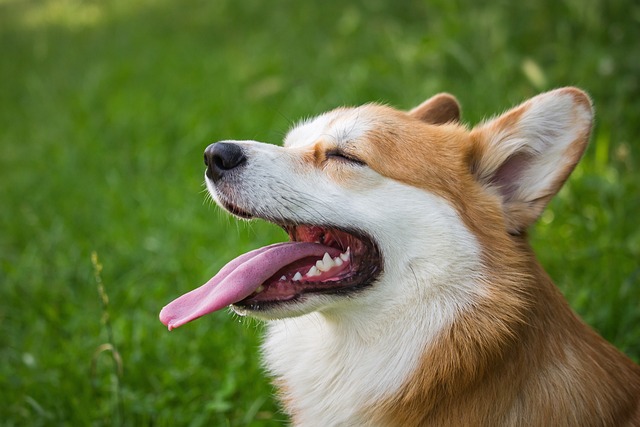
What vitamin is good for dogs' skin
Seeing your dog constantly scratch or noticing dry, flaky skin can make you wonder if a simple vitamin might be the solution.
Cleaning your dog’s private areas is part of keeping them healthy, especially after walks, potty breaks, or for breeds with floppy skin that traps moisture. Many pet owners wonder if baby wipes are a quick, handy solution—and the answer depends on what’s in them. Not all wipes are created equal, and what’s gentle for human babies might not be safe for your pup.
First, check the ingredient list. Baby wipes often contain fragrances, alcohol, or preservatives like methylisothiazolinone. These can irritate a dog’s sensitive skin, especially around their genitals and anus where the skin is thinner. Alcohol dries out their skin, while strong scents might bother their sensitive noses. It’s not just about discomfort—some ingredients can cause allergic reactions over time.
If you do reach for baby wipes, opt for the “unscented” or “sensitive” varieties, and check that they’re alcohol-free. Even then, use them sparingly. Think of them as a temporary fix when you’re on the go, not a daily habit. For example, if your dog gets muddy after a hike and you need to clean them up before getting in the car, a quick wipe can work—but follow up with a gentle rinse at home if possible.
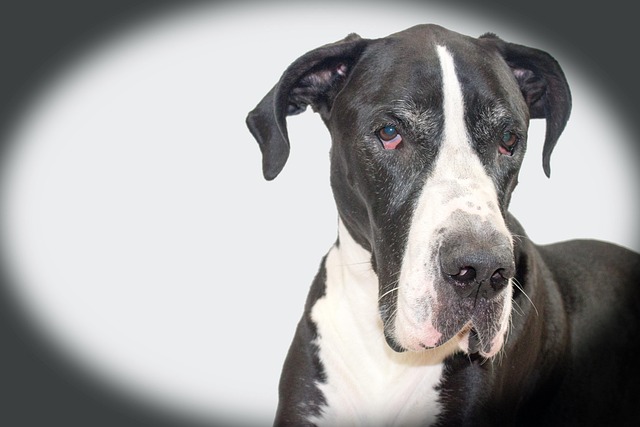
Pet-specific wipes are a better bet. They’re formulated to match a dog’s skin pH, which is different from ours. Look for products labeled “hypoallergenic” or “veterinarian-approved.” These often contain soothing ingredients like aloe or chamomile, which help prevent irritation. They’re designed for the areas that need regular cleaning, like around the vulva in female dogs or the sheath in male dogs, making them more effective than baby wipes.
How you wipe matters, too. Be gentle—never rub aggressively, as this can cause redness or even small tears in the skin. For female dogs, wipe from front to back to avoid spreading bacteria toward the urinary tract, which can lead to infections. For males, focus on the area around the penis and any folds where dirt might collect. If your dog squirms, take a break—forcing them can make them fear the process, making future cleanings harder.
Certain situations call for extra care. Puppies have delicate skin, so even mild wipes should be used cautiously. Senior dogs or those with skin conditions like allergies might need vet-recommended wipes instead. After spaying or neutering, follow your vet’s instructions—they might advise avoiding wipes altogether until the incision heals.
Avoid using wipes near their eyes, ears, or inside any body openings. If your dog licks the area after wiping, make sure the product is non-toxic. Some baby wipes have ingredients that are safe if ingested in small amounts, but others aren’t—better to err on the side of caution with pet-specific options.
Regular bathing is still important, but wipes can help between baths. For dogs that hate water, wipes make spot cleaning less stressful. Just remember that over-wiping can disrupt the natural oils in their skin, which protect against bacteria. Balance is key—aim for as needed, not every day unless your vet recommends it.
If you notice persistent redness, swelling, or your dog licking the area excessively, it’s time to see the vet. These could be signs of an infection or another issue that needs treatment, not just cleaning. Catching problems early is always better, and your vet can suggest the best cleaning routine for your dog’s specific needs.
At the end of the day, the goal is to keep your dog comfortable and healthy. Whether you use baby wipes occasionally (the right kind) or stick to pet wipes, gentle handling and attention to their reactions will guide you. They’ll thank you with those happy, relaxed vibes that make every bit of care worth it.

Seeing your dog constantly scratch or noticing dry, flaky skin can make you wonder if a simple vitamin might be the solution.

If you’re a new dog parent in the US—maybe you’re sitting on your Portland apartment couch, staring at your 1-year-old Australian Shepherd
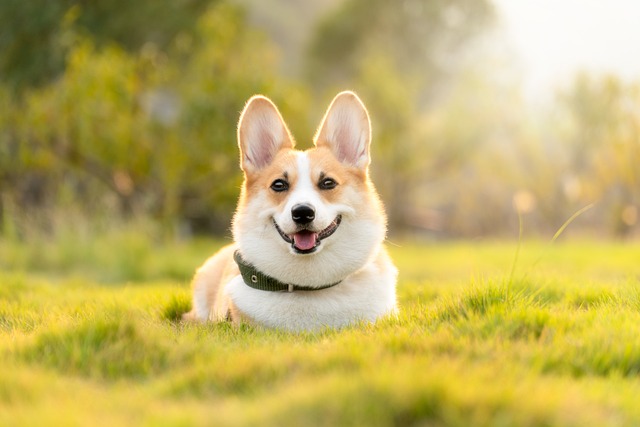
If you’re a new dog parent in the US—maybe you’re sitting on your Atlanta apartment floor, holding your 6-week-old Beagle puppy, Daisy, who’s curled up in your lap

If you’re a new dog parent in the US—maybe you’re standing in your Denver apartment’s kitchen, staring at a bag of high-quality puppy kibble and a bottle
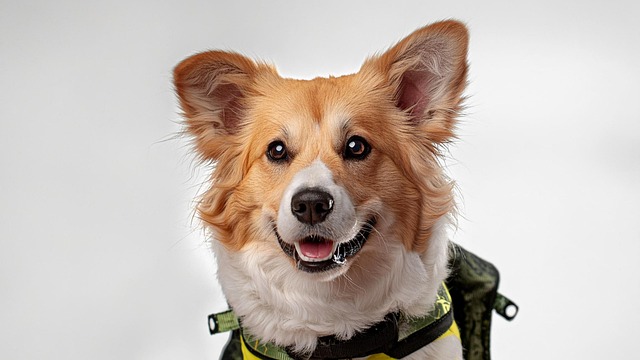
Seeing your puppy grow daily is amazing, and it’s natural to want to give them every advantage, including supplements.
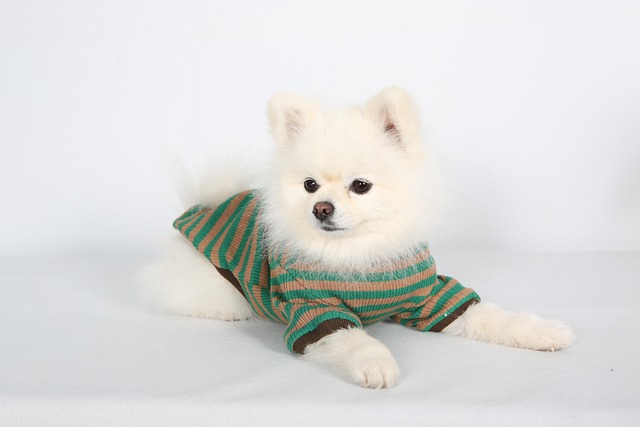
Brown stains on white dog fur aren’t just unsightly—they can also hint at underlying issues like tear duct irritation or poor grooming habits, which matter even more when you’re following local pet care laws.